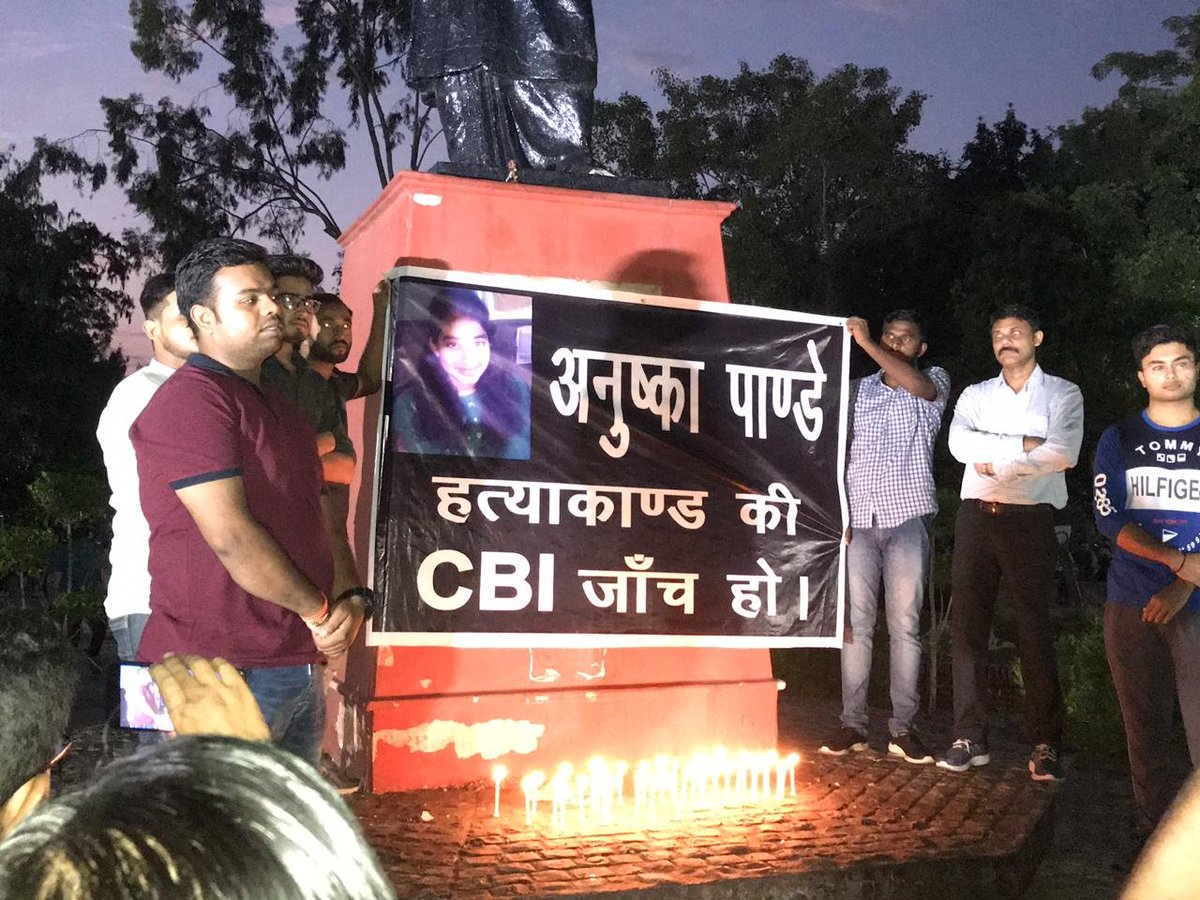By 1739, the decline of the empire was well underway
What's interesting is that Aurangzeb was just the 6th Mughal emperor, between 1526 and 1707
But Muhammad Shah who ascended the throne in 1719, was the 12th!!
A commentary on the chaos at the head of the empire in the years succeeding Aurangzeb
1. Bengal was already semi-independent, with Murshid Quli Khan becoming the first Nawab of the region circa 1720
2. Avadh was on its way to autonomy with Saadat Khan becoming its first Nawab in 1722
In 1737, 2 years before Nadir Shah’s raid, Baji Rao attacked Delhi and scored a remarkable victory - despite having an army half as large as the Mughals
So in 1738 on the eve of the Nadir Shah invasion, the Mughal crown was already weakened considerably
So power was wielded by men who felt no patriotism for India, and had no affinity to the traditions and culture of the land.
Nizam Ul Mulk, perhaps the most influential noble in early 1700s, was of Uzbek ancestry. His grandfather had migrated from Samarkhand
Saadat Khan, the Nawab Avadh, was a native of Nishapur (north eastern Iran), who had moved to India in early 1700s
Hardly the case.
Saadat Khan in fact later advised Nadir Shah to assault Delhi, and ask for a large ransom
The Safavid empire ended in 1722 following an Afghan rebellion. But this proved shortlived, with Nadir Shah defeating the Afghans and establishing his rule over Persia starting 1736
Also the Persian hold over Qandahar meant a strategic advantage for Persia, lost to the Mughals for nearly a century
He engaged in extensive diplomacy, with multiple communications with Mughal crown!
Nadir conquered Northern Afghanistan in 1738.
Peshawar and Lahore soon followed.
Then the Shah marched to Karnal, where a decisive battle awaited him
It took him 3 days to travel from Delhi to Panipat - a mere distance of 55 miles!
The Mughal army (in part perhaps because of its reliance on elephants) was not mobile enough. Not nimble enough
The Mughal army still relied a great deal on swordsmanship and “felt a contempt for missile weapons” (to quote Jadunath Sarkar)
But what followed was not a raid on Delhi rightaway, but extensive negotiations for peace!
This angered Shah and eventually led to a second meeting with the emperor and the latter’s house-arrest
But a point to note is that the provocation for this trigger came from the Mughal side. Saadat Khan in particular - the Nawab of Oudh.
As opposed to 50 lacs.
But he did not intend to engage in a massacre
Some 3K Persian soldiers were killed by Delhi-ites
This is a conservative estimate, with other estimates as high as 4 lacs.
What were its consequences?
First of all the raid did not trigger the empire’s decline per se. The Mughal empire’s decline had started long before Nadir Shah set foot
And eventually led to the loss of Punjab to the Afghans (under Ahmed Shah Abdali) a few decades later
So it could be said that Nadir Shah’s invasion hastened the decline of the empire, though not necessarily the cause of it
But Nadir was a shrewd diplomat.
He engaged in multiple diplomatic overtures, though the Mughals bungled every one of them.
And even the massacre at Delhi that ensued was in large measure a retaliation of the massacre of his own soldiers by Delhi civilians
But Nadir Shah’s episode has lessons for us in this respect.
(Contd..)
The debate settled in Sonia’s favor
We will conclude on that note











